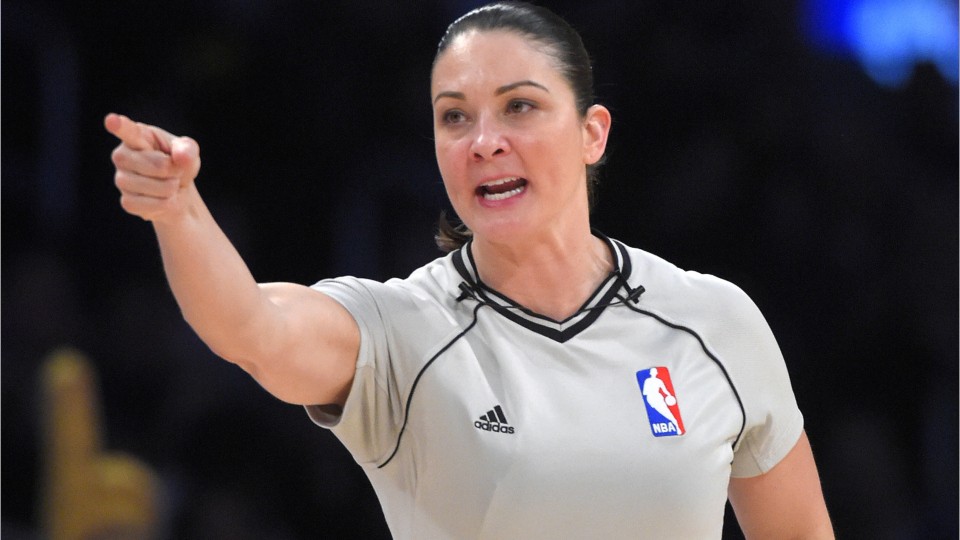Umpires, Referees, & Other Sports Officials
Horse Show Judge, Major League Baseball Umpire (MLB Umpire), Referee, Sports Official
What they do:
Officiate at competitive athletic or sporting events. Detect infractions of rules and decide penalties according to established regulations. Includes all sporting officials, referees, and competition judges.
On the job, you would:
- Officiate at sporting events, games, or competitions, to maintain standards of play and to ensure that game rules are observed.
- Inspect game sites for compliance with regulations or safety requirements.
- Resolve claims of rule infractions or complaints by participants and assess any necessary penalties, according to regulations.
Knowledge
Arts and Humanities
- English language
Education and Training
- teaching and course design
Skills
Basic Skills
- talking to others
- thinking about the pros and cons of different ways to solve a problem
Problem Solving
- noticing a problem and figuring out the best way to solve it
Abilities
Verbal
- communicate by speaking
- listen and understand what people say
Attention
- do two or more things at the same time
- pay attention to something without being distracted
Visual Understanding
- quickly compare groups of letters, numbers, pictures, or other things
- see hidden patterns
Memory
- remember words, numbers, pictures, or steps
Personality
People interested in this work like activities that include leading, making decisions, and business.
They do well at jobs that need:
- Dependability
- Integrity
- Self Control
- Attention to Detail
- Stress Tolerance
- Cooperation
Technology
You might use software like this on the job:
Electronic mail software
- Email software
- Microsoft Outlook
Presentation software
- Microsoft PowerPoint
Spreadsheet software
- Microsoft Excel
Education
Education: (rated 2 of 5)
high school diploma/GED or
no high school diploma/GED
usually needed
no high school diploma/GED
usually needed
Get started on your career:
Find Licenses
Apprenticeship.gov
Job Outlook
Bright
New job opportunities are very likely in the future.
Explore More
- Amusement & Recreation Attendants
- Animal Trainers
- Athletes & Sports Competitors
- Coaches & Scouts
- First-Line Supervisors of Police & Detectives
You might like a career in one of these industries:
See more details at O*NET OnLine about umpires, referees, and other sports officials.





